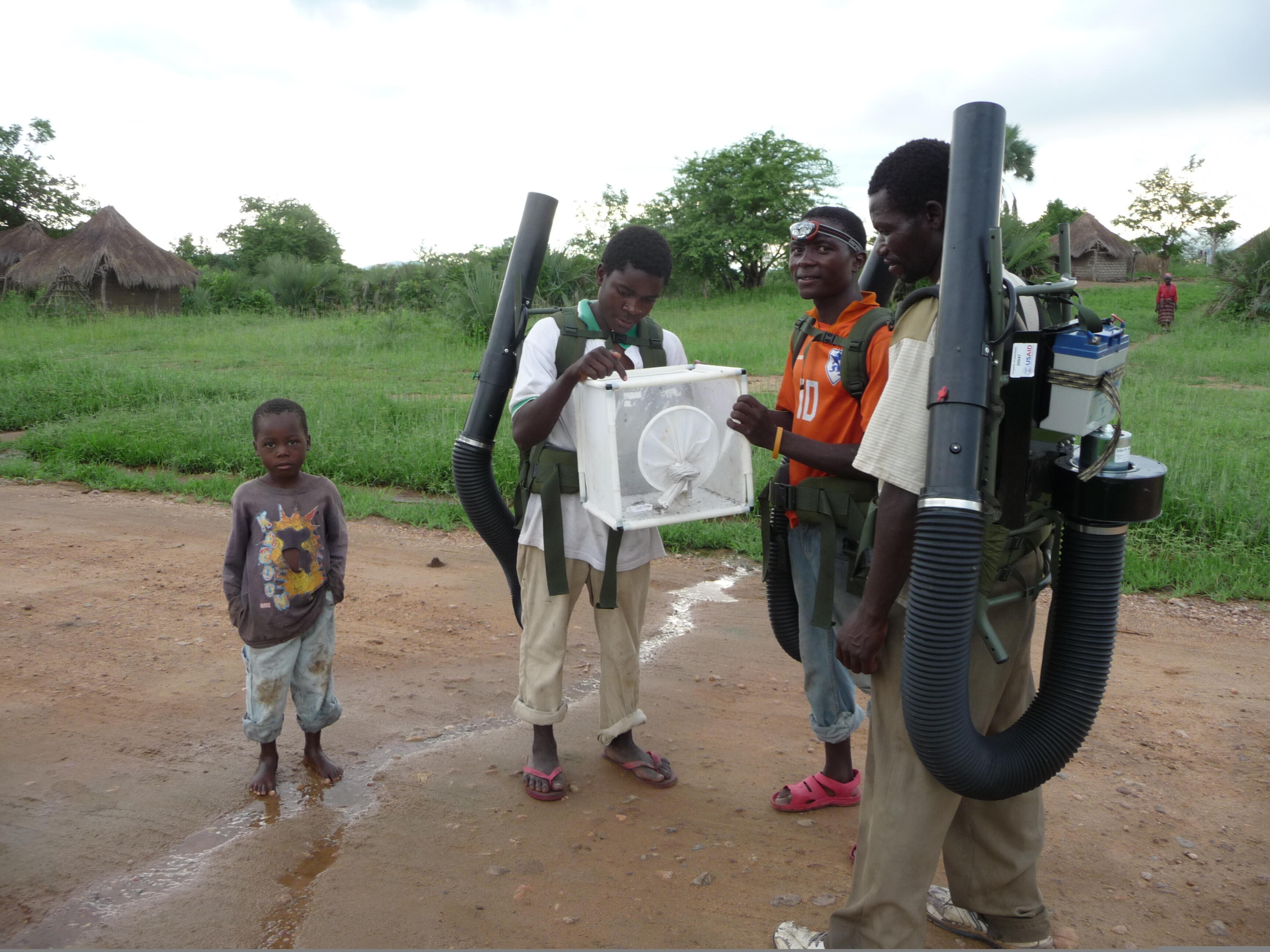
Effective vector control is reliant on knowledge of the local vector, particularly its susceptibility to potential interventions and existing transmission dynamics. It is also essential to determine the quality and efficacy of the interventions that are deployed.
Collection of data and information about these elements is essential in developing control policy and measuring impact. The vector biology department at LSTM has a long standing relationship with disease control programmes globally. supporting the monitoring and evaluation for programmatic decisions and influencing international policy.
The department has utilised traditional methods and applied novel techniques in Zambia and Bioko Island malaria control programmes to generate countrywide insecticide resistance management plans. Through the evaluation of implemented interventions, the department has influenced control programme policy change regarding appropriate tools for vector control in malaria, visceral leishmaniasis and arboviruses.
As global resources for vector control are limited, the department is working closely with programmes to determine how resources can be targeted more efficiently. To assist in this, the department has developed the Disease Data Management System (DDMS) which integrates entomology, intervention and epidemiology data sources for guiding the decision making process.
Vector control relies heavily on the use of insecticides that need to be applied on surfaces correctly. In order to monitor the quantity of insecticides applied, the Insecticide Quantification Kits (IQK) were developed in house and are now in use in multiple countries. The department has supported local government, national government and non-governmental institutions in Tanzania and Zambia to develop, scalable quality-assured systems for community-based surveillance of malaria vector populations and the malaria burden they mediate.



